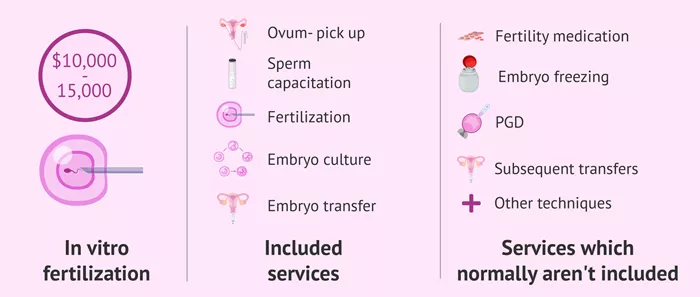BBC presenter Lucy Owen, who conceived her son Gabriel through in vitro fertilization (IVF), is revisiting her own experience following the release of Joy, a Netflix drama about the scientists behind the groundbreaking fertility treatment.
Owen recalls her emotional journey, describing it as “relatively straightforward” compared to the struggles many others endure. “One cycle was hard enough for me. How do people cope with more?” she wonders.
Her journey began at the Princess of Wales Hospital in Bridgend, where she and her husband, Rhodri, learned IVF was their best chance at conceiving. A laparoscopy had revealed her fallopian tubes were blocked, preventing sperm from reaching its destination.
“I smiled, thanked the surgeon, cracked a few uncomfortable jokes, and left,” Owen recounts. “But I sobbed heavily in the car park afterward.”
The couple acted immediately, contacting a private clinic to begin treatment. Their swift decision underscored Owen’s understanding of the desperation many couples feel—a sentiment echoed in the letters sent to the original IVF pioneers, Dr. Patrick Steptoe, Jean Purdy, and Professor Robert Edwards.
The Netflix drama Joy brings new recognition to the groundbreaking work of Steptoe, Purdy, and Edwards. Their efforts, which led to the birth of Louise Joy Brown, the world’s first IVF baby in 1978, changed the landscape of reproductive medicine.
Co-writer Jack Thorne, speaking on Owen’s BBC Radio Wales show, shed light on the ethical dilemmas faced by Steptoe. “He wrestled with the flood of letters from couples, agonizing over having to decide who deserved a chance,” Thorne said.
One letter that resonated with the filmmakers came from Erika and Wayne Tomlinson of Abersychan, whose daughter Natalie became Wales’ first “test-tube baby” in 1983.
While much of the credit for IVF’s success went to Steptoe and Edwards, Joy focuses on Jean Purdy’s critical yet under-recognized role. Played by Thomasin McKenzie, Purdy is highlighted as an integral figure in the team.
Co-writer Rachel Mason noted that Purdy’s contributions were often overshadowed due to her preference for privacy. “Edwards himself wrote letters insisting it was always the three of them, not two,” Mason said.
The filmmakers delved into Purdy’s story by interviewing surviving members of the IVF team and women from the early trials. “Researching during lockdown felt like a detective story,” Thorne remarked, describing the process as illuminating and deeply personal.
The release of Joy underscores the profound impact of the IVF pioneers’ work, as well as the emotional journeys of those who benefit from their achievements. For Owen, Gabriel’s birth stands as a testament to the enduring legacy of Steptoe, Purdy, and Edwards.
Reflecting on her own path, Owen expresses gratitude while acknowledging the struggles many face. “I’ve always felt incredibly lucky,” she says, “but the emotional weight of IVF is something I’ll never forget.”
Related topics:
San Antonio IVF Clinic Revolutionizes Fertility Treatment with Affordable Pricing
Calls for IVF Support Grow in Guernsey Amid Struggles with Infertility
Uncovering the Forgotten Pioneer of IVF: The Legacy of Jean Purdy



























